The Pinellas School Board has decided to restrict the use of cellphones in all its schools.
GOLIATH J. DAVIS, III, Ph.D. | Contributor
PINELLAS COUNTY — Verizon Wireless’ well-known advertisement regarding cellphone coverage and audibility featured a question that has become a staple in American conversation and may become colloquial: “Can you hear me now?” I reference this ad to bring attention to the Pinellas School Board’s decision to restrict the use of cellphones in all its schools.
Parents and scholars will hopefully read this column and other news reports and literature regarding the proposed new policy and govern themselves accordingly. At first glance, one might question why a school district would choose to delve into the issue of student cellphone use — I did. However, the reasons became readily apparent after sitting through a school board workshop.
Informed observers know there has been considerable attention given to the impacts of cellphones on adolescents’ and young adults’ mental and social health. The district and its educators are naturally concerned about this issue and the deleterious effects of cellphone usage on instruction and the overall educational environment. Policing phone usage reduces the time needed to complete required lessons and creates unwanted classroom distractions, along with other electronics, ear bobs, wrist phones and headsets.

Policing phone usage reduces the time needed to complete required lessons and creates unwanted classroom distractions, along with other electronics, ear bobs, wrist phones and headsets.
School board members, the superintendent, parents and scholars alike recognize the utility of electronic devices during emergencies and as aids to education and acknowledge their unregulated use can negate all potential benefits. Imagine, if you will, the dilemma educators face daily attempting to teach among a host of potential phone interruptions, e.g., incoming calls, varying ringtones, amber alerts, scholars listening to music, texting or on social media during class.
Mostly, teachers prefer to teach and establish rapport with their scholars. Assuming the role of phone police can, on any given day, lead to an array of unintended consequences depending on the teacher’s tone, the scholar’s response and the general demeanor of all parties involved. Additionally, parental reaction to any exchange deemed inappropriate can further exacerbate matters.
Based on the district’s mantra of “site-based management,” each school can address the phone issues based on its school-based environments and cultures. The lack of uniformity has reportedly created problems for parents, scholars and teachers as students, by necessity, transfer from one school to another. As noted by Board member Carol Cook, substitute teachers and other staff are confused by the lack of uniformity as they migrate from school to school.
Area Superintendent Dywayne Hinds’ presentation to the board effectively outlined a series of recommendations based on data gleaned from surveys of parents, teachers, scholars and other school-based personnel. The proposed policy will be read first on April 23, and the second is scheduled for June 11.
Public comment will be welcomed on all proposals and the recommendations for elementary, middle and high schools are as follows: use of electronic devices is prohibited throughout the school day in elementary schools; devices are permitted before and after school only by middle school scholars; and electronic devices are authorized for use in high school before and after school, during lunch and when moving between classes. There are also restrictions on when and how many earbuds are allowed.
Accommodations will be made at all elementary, middle, and high levels for scholars with medical needs, IEPs and 504 plans to ensure the proposed changes do not adversely impact them.
Board Chair Laura Hines strongly endorses the district’s proposal to implement an educational campaign regarding the new policy for scholars, teachers, and staff. She sees the phone issue as a teachable moment that exceeds the issue of phone distractions for education and believes we should use it to teach our scholars about the manipulative nature of cellphones and the psychological and physiological consequences.
The proposals are not void of problems, and the major one falls under the category of “consequences.” Board Member Caprice Edmond posed the salient question, wanting to know how violations will be dealt with. Suffice it to say that the district already has established corrective responses for school-based infractions, and I assume they will continue to consult them. The issue of consistency reigns large. Will identical infractions receive identical corrective actions, or will the “good” scholars be treated differently from the perceived “troubled” scholars?
In my opinion, compliance is the operative word. Scholars, teachers and parents must commit themselves to ensuring the new policies are followed and consistent, as well as the equitable enforcement of transgressions. Overreactions at any level will yield undesirable consequences. I commend the district on its educational campaign and appeal to all involved, instructional personnel, scholars, parents, and community advocates to work to successfully implement the proposals to enhance teaching and education and eliminate tension and strife.
Many know I carry what is now an old-fashioned flip phone and refuse to send or accept text messages. I do so because while I am very aware of the benefits of technology, I deplore the fact that its use has contributed significantly to human depersonalization. Many would rather text than talk and have tried to compensate for the lack of interpersonal communication with emojis and other symbols.
I have consistently emphasized the importance of diversity, equity, inclusion and closing the achievement gap. Technology has a role to play, but it must be appropriately and effectively utilized. If you haven’t heard me before, I must ask: Can you hear me now?
Dr. Goliath Davis is a former St. Petersburg police chief and deputy mayor who advocates for education in Pinellas County, focusing on Black student achievement.

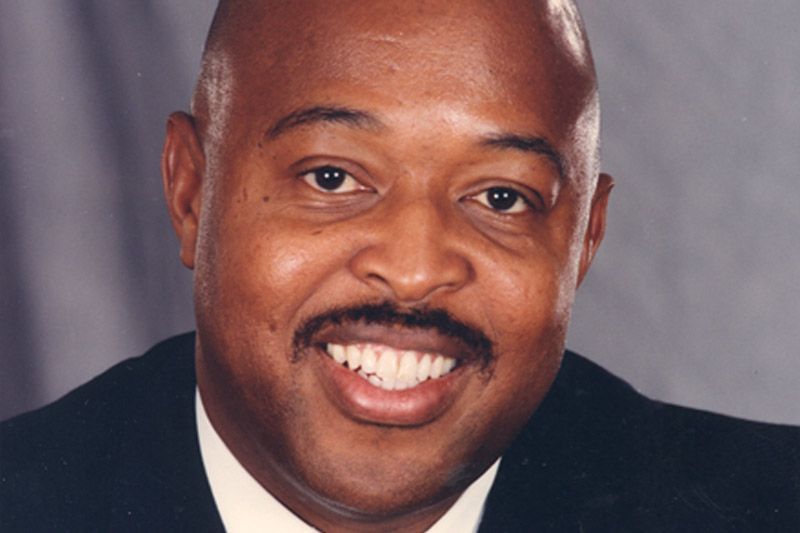
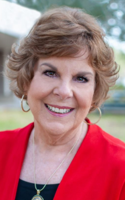
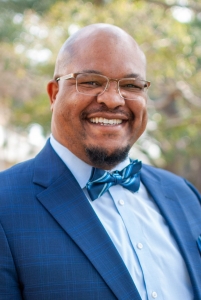

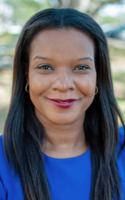
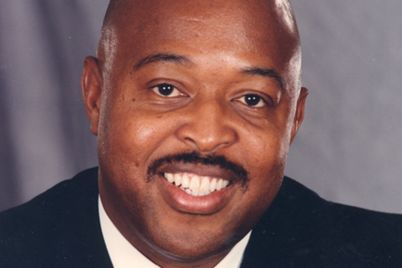
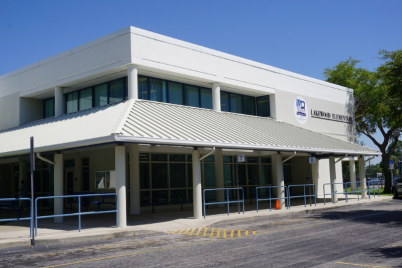




WOW,
I remember about 7 or 8 years ago Dr. Shedrick did this at Bay Point Middle School and the entire District and parents gave him a difficult time (he was the Lone Ranger at the time), now look at the District. I guess he was before his time.